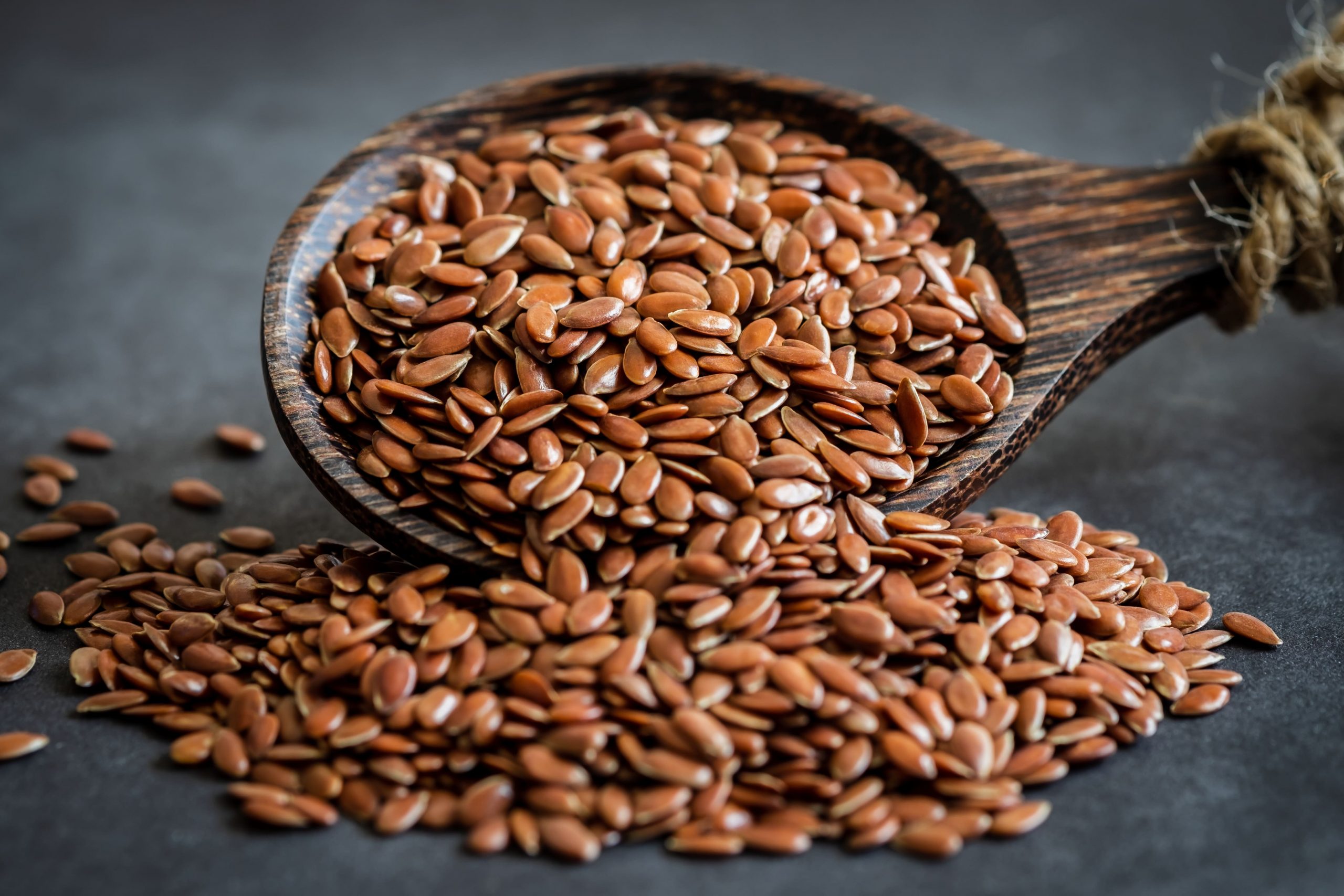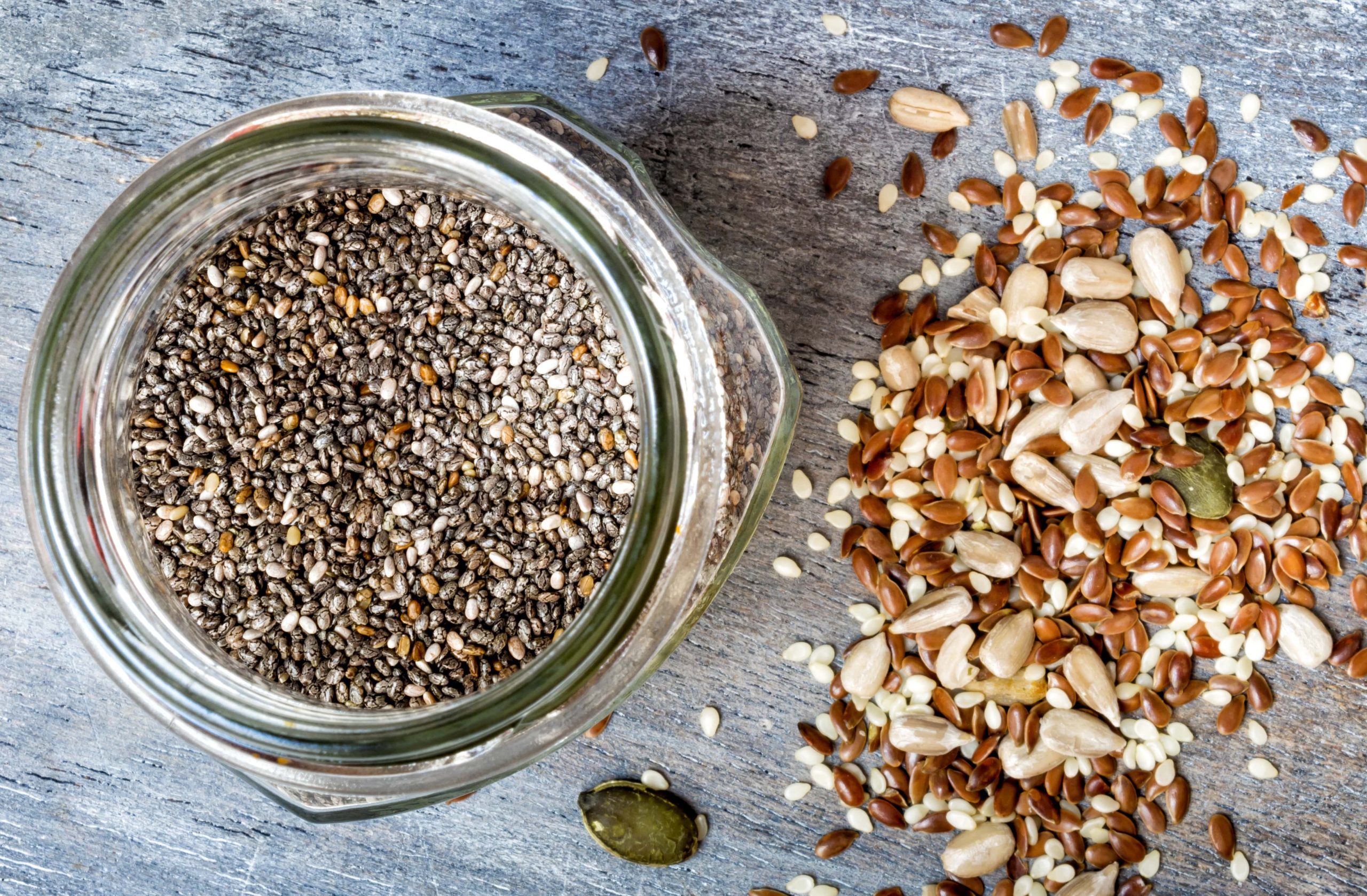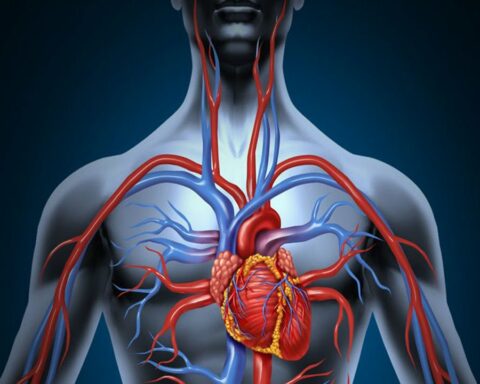Nuts and seeds are incredibly nutritious and accepted in most patterns of eating. They also don’t cause serious allergies associated with many foods. Flax seeds fit this description and can benefit your health in many ways.
Flax seeds have been used for a long time. In fact, at one point, Charles the Great made his subjects to eat flax seeds to improve their health. The scientific name for flax seeds is Linum usitatissimum, which is a Latin word for “the most useful.” Today, flax seeds are steadily climbing to the league of superfood – a for a good reason. Several studies have pointed to their incredible health benefits. This article explores the health benefits that come with eating flax seeds.
1. Flax Seeds Are High In Beneficial Nutrients
Flax seeds have survived for several centuries, as they have been cultivated from the kickstart of civilization. Flax seeds are in two main types – golden and brown – and both deliver beneficial nutrients. Flax seeds are mostly served in a typical size of 1 tablespoon weighing 7 grams. Just 7 grams packs fiber, protein, and omega-3 fatty acids. It also provides a good number of vitamins and minerals. 7 grams of ground flax seeds provides 37 calories, 1.3 g of protein, 2 g of carbs, 1.9 g of fiber, 3 g of total fat, 0.3 g of saturated fat, 0.5 g of monounsaturated fat, 2.0 g of polyunsaturated fat, 1,597 mg of omega-3 fatty acids, 8 percent of the Recommended Daily Value (RDV) for vitamin B1, 2 percent of the RDV for vitamin B6, 2 percent of the RDV for folate, 2 percent of the RDV for calcium, 2 percent of the RDV for iron, 7 percent of the RDV for magnesium, 4 percent of the RDV for phosphorus, and 2 percent of the RDV for potassium. All the health benefits that can be mentioned of flax seeds are linked to lignans, omega-3 fatty acids, and fiber in them.
2. Flax Seeds Are Loaded With Omega-3 Fats
Flax seeds are impressively high in omega-3 fats, with 7 grams providing a whooping 1,597 mg. For this reason, they are a good alternative of omega-3 fats for vegetarians or those who don’t eat fish. Flax seeds are particularly loaded with alpha-linolenic acid (ALA), which is a type of omega-3 fats mostly abundant in plant-based foods. In fact, ALA is an essential amino acid meaning that you must obtain it from foods as your body is not able to produce it. Several animal studies have demonstrated that ALA can prevent deposition of cholesterol in the blood vessels of the heart, inhibit the growth of tumors, and reduce arterial inflammation. Human studies have shown that high intake of ALA can lower your risk of heart attack. It can also lower heart disease risk by up to 14 percent. Numerous studies have also linked its consumption to lowered incidences of stroke.
3. Flax Seeds Are Rich In Lignans, Which Have Anticancer Properties
Lignans are powerful plant compounds that possess both antioxidant and estrogen properties. These properties can help reduce your likelihood of developing cancer and improve your overall health. Interestingly, the amount of lignans in flax seeds is 800 times that of other plant foods. Studies indicate that postmenopausal women who eat flax seeds frequently have a lowered risk of breast cancer than those who don’t. Men can equally experience health benefits by eating flax seeds. One study found that eating flax seeds alongside a low-fat diet can reduce markers of prostate cancer, demonstrating a reduced risk of prostate cancer. Though more confirmatory studies are needed, some lab studies have shown that eating flax seeds can lower your risk of colon and skin cancer.
4. Flax Seeds Are High In Dietary Fiber
Just 7 grams of flax seeds provides good amounts of fiber – 3 grams – which accounts for 8 or 12 percent of the recommended daily intake for men and women, respectively. Additionally, flax seeds pack both types of dietary fiber – soluble and insoluble accounting to 20-40 percent and 60 -80 percent by weight respectively. Both types of fiber get to the gut where they are fermented by good bacteria, add bulk to the stool, and increase bowel movement. Research has shown that soluble fiber can help lower cholesterol levels and regulate blood sugar by slowing down the rate of digestion. Insoluble fiber, on the other hand, draws more water to the stool and adds bulk to it which softens the stool. This is useful to people who are constipated, those with diverticular disease, or irritable bowel syndrome.
5. Flax Seeds May Lower Cholesterol Level
By improving cholesterol levels, flax seeds can help lower your risk of heart disease and type 2 diabetes. Studies indicate that consuming high amounts of flax seeds can significantly lower total cholesterol and low-density lipoprotein (LDL) “bad” cholesterol by 17 percent and 20 percent respectively. Eating flax seeds can also increase the levels of high-density lipoprotein (HDL) “good” cholesterol by 12 percent. Flax seeds can also lower both total and LDL cholesterol, particularly in postmenopausal women by 7 percent and 10 percent, respectively. This is true because the fiber in flaxseeds can bind to bile salt, increasing their excretion by the body. Cholesterol is then transported from the blood into the liver to restore lost bile salts. This process results in lowered levels of cholesterol in blood.
6. Flax Seeds Prevent High Blood Pressure
Another incredible health benefit of flax seeds, is their ability to lower elevated blood pressure. Research suggest that increased intake of flax seeds may lower both systolic and diastolic blood pressure by 10 mmHg and 7 mmHg, respectively. Interestingly, flax seeds may interact with medications used to lower blood pressure. This can help treat uncontrolled high blood pressure. Additionally, taking flax seeds for more than 90 days can lower blood pressure by 2 mmHg, according to study results. A reduction of blood pressure by 2 mmHg can lower the risk of dying from stroke and heart disease by 10 percent and 7 percent, respectively.
Conclusion
Flax seeds are nutritionally loaded. It is particularly high in omega-3 fatty acids and fiber. These nutrients can help lower your risk of several chronic diseases including heart disease and diabetes.
- Learn to Enjoy Self-care Routine - September 21, 2023
- Jonathan Aufray’s Story - July 29, 2023
- From Public Housing To Ivy League: The Inspiring Journey of Crystaltharrell.com and its Founder - June 7, 2023







